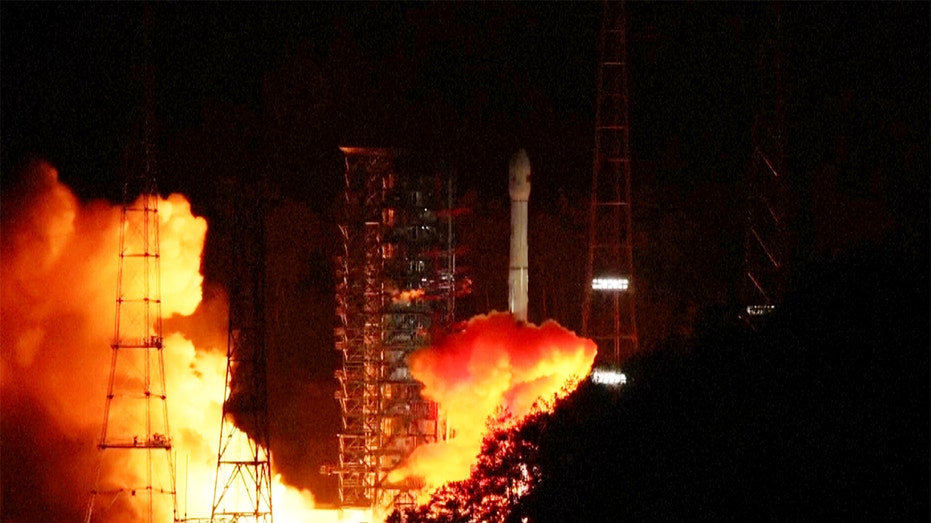Now Reading: China launches Tianwen-2 space probe to collect samples from asteroid near Mars
-
01
China launches Tianwen-2 space probe to collect samples from asteroid near Mars
China launches Tianwen-2 space probe to collect samples from asteroid near Mars

China has successfully launched a space probe that is set to journey to an asteroid near Mars to gather samples and potentially discover groundbreaking findings. The Tianwen-2 probe was launched on Thursday from the Xichang Satellite Launch Center in Sichuan Province, China, using the Long March 3-B rocket, as confirmed by the China National Space Administration (CNSA).
Unlike its predecessor, Tianwen-1, which landed on Mars last year, Tianwen-2 will now target the asteroid 2016 HO3, also known as 469219 Kamoʻoalewa, to retrieve samples. This forms part of China’s broader plans to expand its presence in space over the next decade.
Zhang Rongqiao, the chief designer of Tianwen-1, has revealed plans for a Tianwen-3 Mars sampling return mission in 2028, while Tianwen-4 is expected to head towards Jupiter. The selection of these asteroids, which have stable orbits, is aimed at providing insights into Earth’s formation, including the origins of water.
The samples from 2016 HO3 are anticipated to be brought back in approximately two years. Despite the CNSA’s willingness to share these samples with international partners, NASA is prohibited from receiving them due to the Wolf Amendment passed in 2011, which restricts cooperation between NASA and the CNSA.
Additionally, China’s operation of the three-person Tiangong, or “Heavenly Palace,” space station further solidifies its position as a key player in space exploration, especially after being excluded from the International Space Station over U.S. national security concerns.
This latest achievement marks China’s progress towards establishing itself as a significant player in space exploration.






